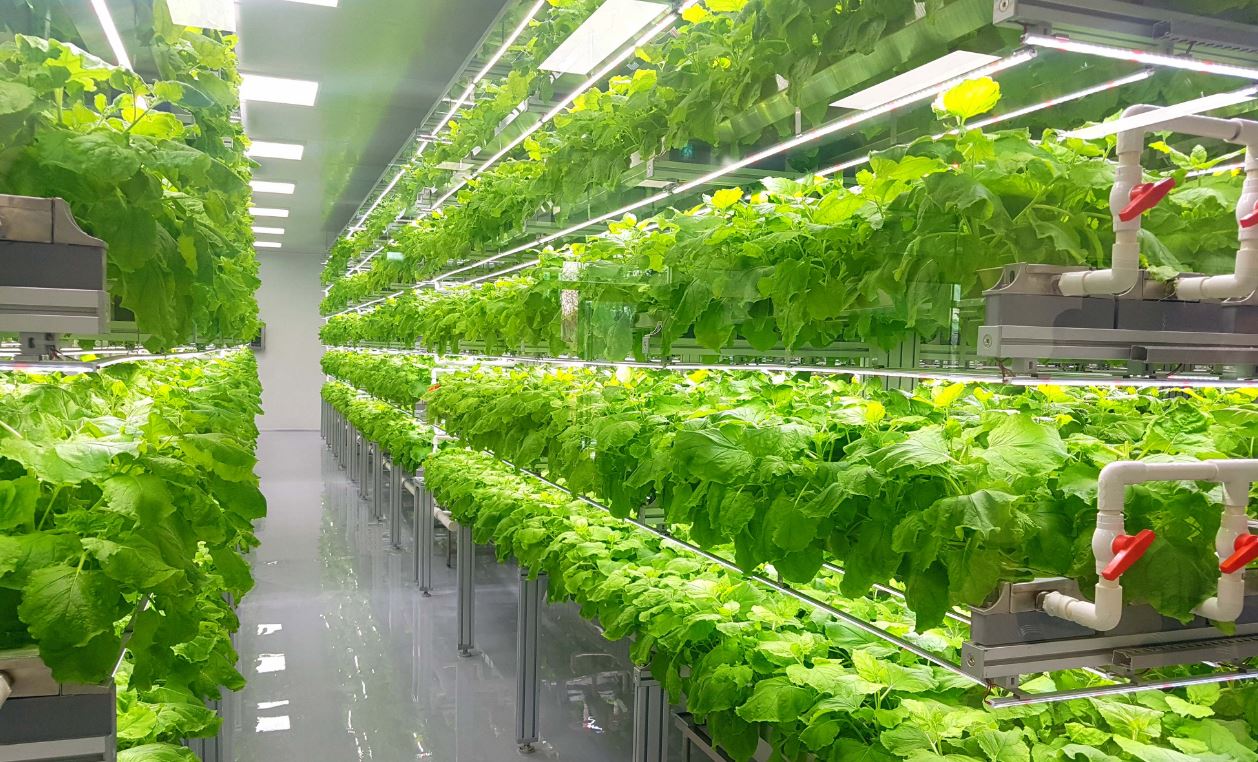is vertical farming good
Vertical farming is rapidly gaining popularity, and for good reason. In this innovative method of agriculture, crops are grown in layers, one on top of the other, in vertical columns. Instead of using acres of land and large amounts of water, this technique allows for a more efficient use of resources, making it a sustainable choice for the future of agriculture.
The Benefits of Vertical Farming
Vertical farming has many benefits that make it a promising solution for the future of agriculture. First of all, this technique allows for year-round crop production, regardless of weather conditions. This means that crops can be grown in any location, at any time of the year, making it possible to have fresh, locally-grown produce even in urban areas.
Additionally, vertical farming allows for a more controlled growing environment, as temperature, lighting, and water can be precisely regulated. This leads to a higher crop yield, as well as crops that are more consistent in terms of quality and taste.
Another advantage of vertical farming is that it is a sustainable choice for agriculture. By using less water and land than traditional farming methods, this technique has a smaller carbon footprint, making it an environmentally-friendly option. Additionally, because crops are grown indoors, there is no need for pesticides or herbicides, which means that the produce is healthier and safer for consumers.
The Challenges of Vertical Farming
While there are many benefits to vertical farming, there are also some challenges that need to be addressed in order for this technique to become more widespread. One major challenge is the cost. Vertical farms require a significant investment in terms of equipment, infrastructure, and technology. However, as the technology continues to develop and become more efficient, the cost is likely to decrease over time.
Another challenge is the lack of consumer awareness. Many people are still unfamiliar with vertical farming, and may not understand the benefits of this technique. This can make it more difficult for vertical farms to find customers and build a sustainable business model.
Finally, there are some logistical challenges to vertical farming. For example, because the crops are grown vertically, they may require different harvesting techniques than traditional farming methods. Additionally, transporting large amounts of produce from vertical farms to retailers or consumers can be a logistical challenge.
The Future of Vertical Farming
Despite these challenges, the future of vertical farming looks promising. As the demand for locally-grown, sustainable produce continues to grow, more and more entrepreneurs and investors are looking to vertical farming as a solution. Additionally, new technologies are being developed all the time that will make it easier and more cost-effective to operate vertical farms.
Overall, vertical farming is an innovative and sustainable approach to agriculture that has the potential to revolutionize the way we grow food. As the technology continues to develop, we can expect to see more and more vertical farms popping up in cities around the world, providing fresh, delicious produce to consumers all year round.
Conclusion
In conclusion, vertical farming is an exciting and promising development in the field of agriculture. While there are certainly challenges to overcome, the potential benefits of this technique are immense. By providing a more sustainable and efficient way to grow crops, vertical farming represents a major step forward in our efforts to build a more sustainable future.
Image Credits:
1. The Future of Agriculture – Vertical Farming

Vertical farming is a sustainable choice for the future of agriculture, allowing for more efficient use of resources and year-round crop production.
2. Wheat May Be Grown Indoors, But The Cost…

Vertical farming has many advantages, such as a more controlled growing environment and a smaller carbon footprint, but there are also challenges such as the cost.
3. Can Vertical Farming Be the Answer to Sustainable Agriculture?

Despite challenges such as the lack of consumer awareness and logistical challenges, the future of vertical farming looks promising due to increased demand for locally-grown sustainable produce.

Source image : krishi.outlookindia.com

Source image : iaas.or.id

Source image : nairobiwire.com







